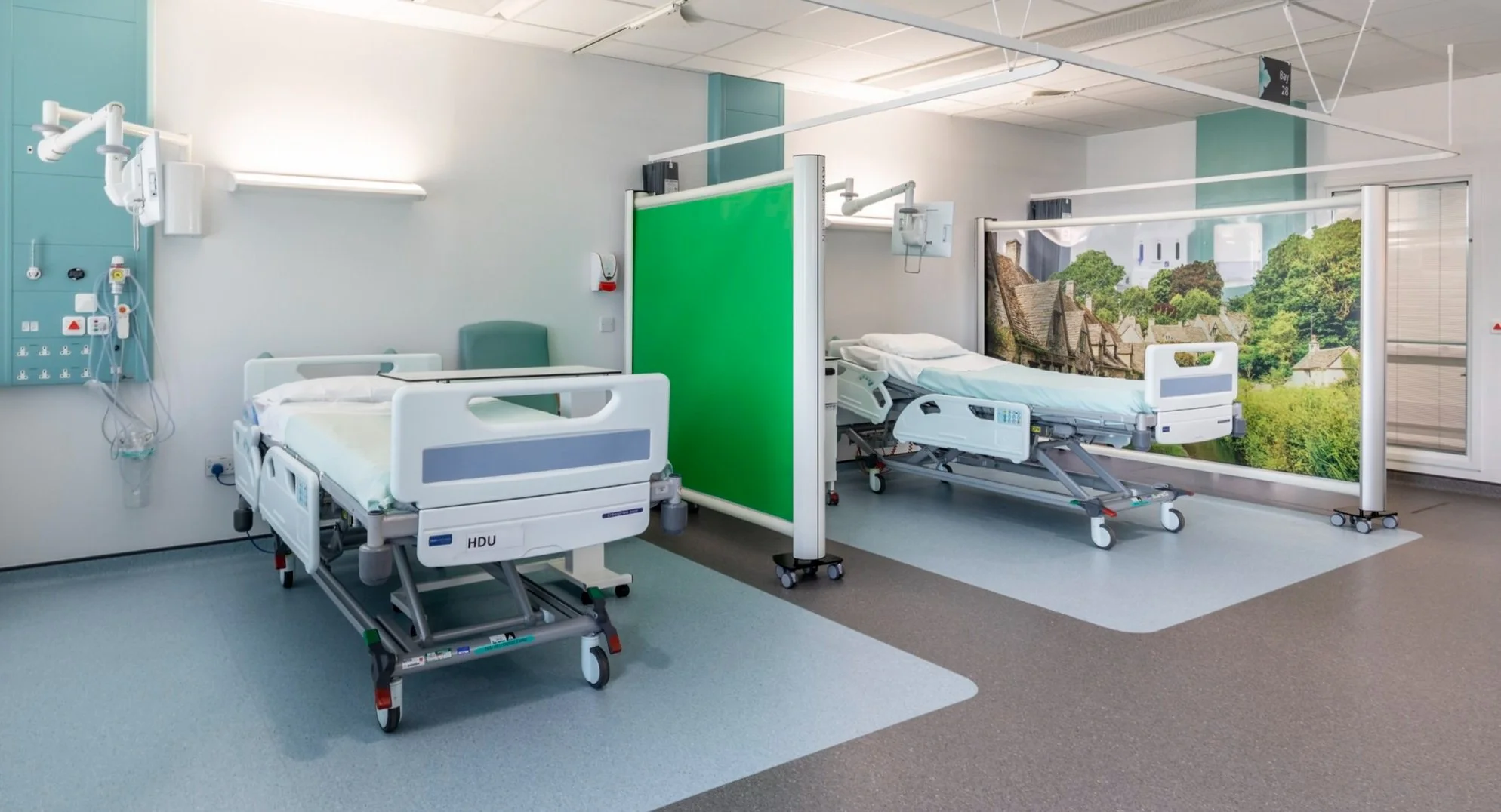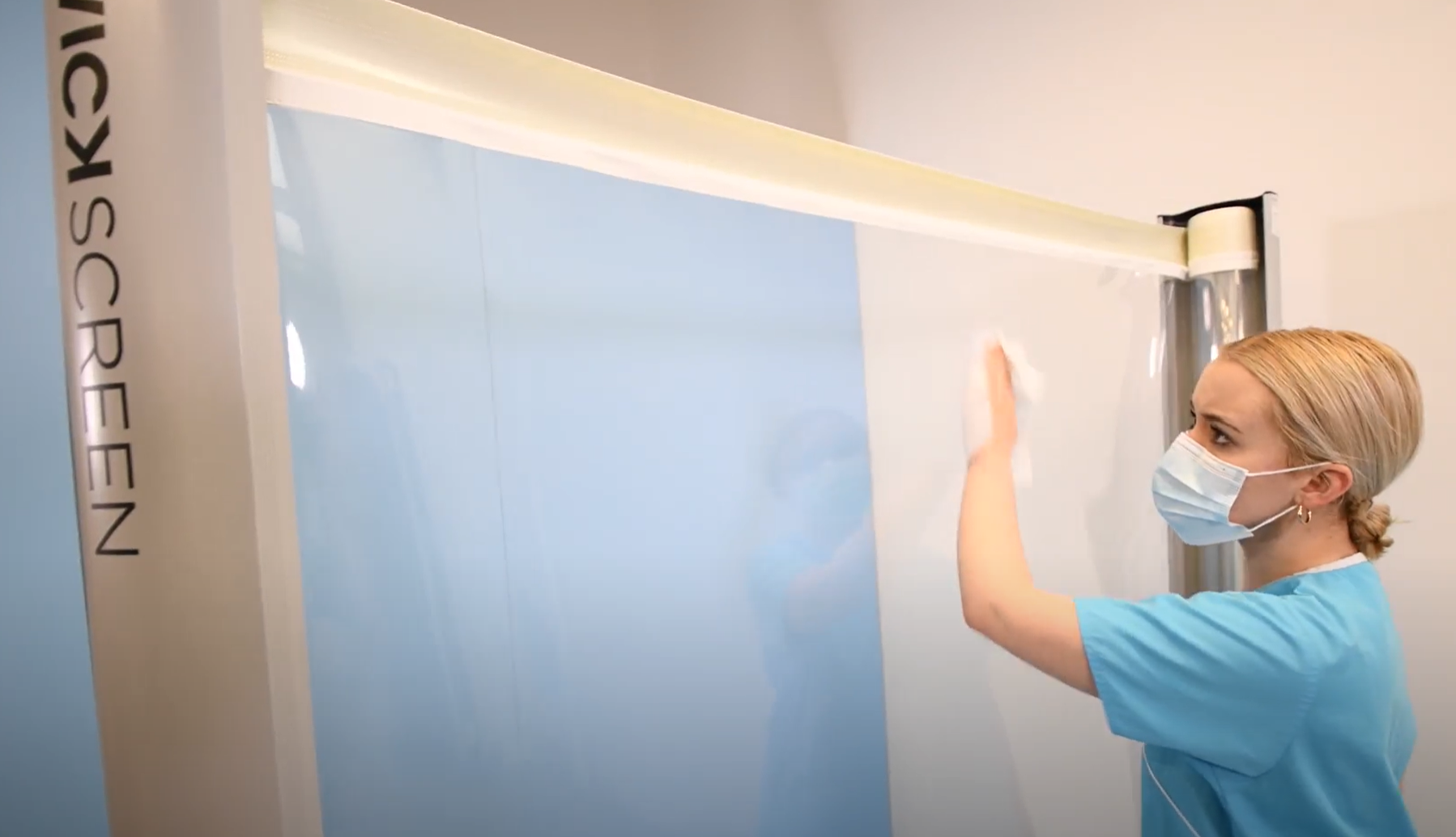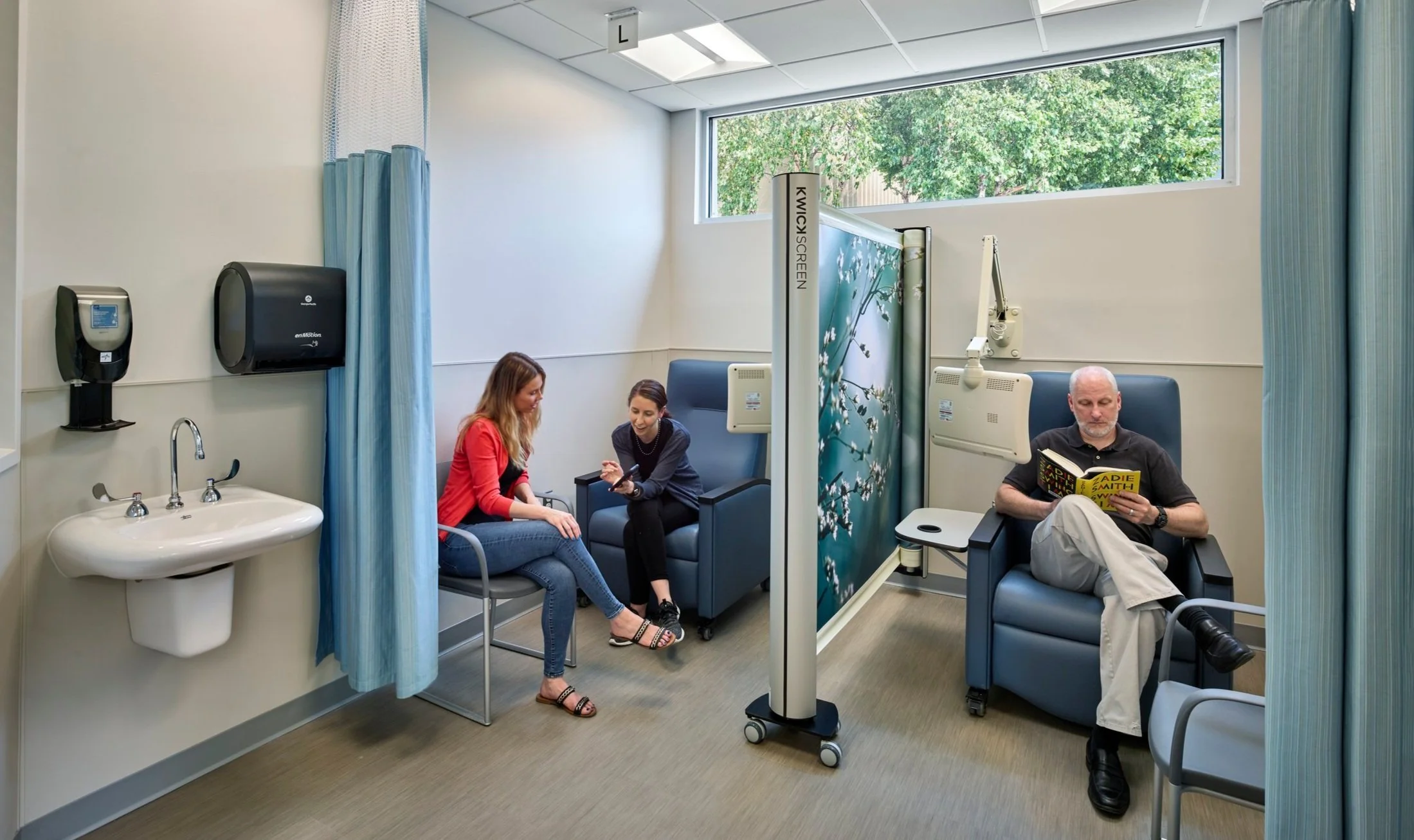Improving Healthcare for the Ageing Population
According to the World Health Organisation, the rate of population ageing is faster than it has been in the past. It is essential that healthcare systems can adapt to this change in the global population demographic, especially given the elderly tend to require more care than the young.
In the UK, over 60% of those admitted to hospital are over the age of 65. Along with the ailment leading to hospital admission, elderly patients are often frail, suffering from cognitive decline and some may even be suffering from dementia. This must be considered during their hospital stays to ensure they are sufficiently cared for. The World Health Organisation, therefore, has called for an integrated people-centred health service to overcome the issues faced by those with complex care needs. Some of the issues faced by elderly patients are as follows.
Lack of Individualised Care
All elderly patients are often assumed to be frail and cognitively impaired, however, it must be noted that no two elderly patients are the same. One 75-year old patient may be active and cognitively intact, whereas another patient of the same age may be the complete opposite. It is, therefore, important that staff treat every patient on an individual basis.
The importance of individualised care is highlighted by research conducted by Covinsky et al. (2011) which states that over 50% of patients over 85 and around 30% of patients over 70 years of age will leave hospital more disabled than when they arrived. This is due to a lack of decent sleep, stimulation, sufficient meals and movement. There are many accounts of active people aged 65 or older entering hospital for nothing more than a fall and leaving with cognitive decline. Overall, for those fit and active elderly patients, entering a hospital is sometimes worse for them than staying at home. This is completely preventable.
KwickScreen and Individualised Care
KwickScreens can encourage individualised care by ensuring each and every patient has their own flexible patient space, providing the privacy and dignity that they deserve. One patient may require a larger space than others due to having more medical equipment or a wheelchair to move them around the hospital, whereas another patient may be able to walk fine and need less room. This space flexibility is currently lacking due to curtains being fixed onto curtain tracks. In addition, as it currently stands in many hospitals, the patient spaces look the same, therefore, there is no trigger to treat each patient differently. KwickScreens, however, allow you to individualise the patient space, thus triggering a behavioural change to ensure each patient receives personalised staff treatment.
Healthcare-Acquired Infections
For those who are more frail, the hospital may also be more dangerous than staying home. As you get older, your immune system starts to decline and produces less of the key immune cells required for effective and rapid destruction of pathogens. This results in slower responses to these microbes and, therefore, increased susceptibility to the infections they cause.
A 2021 study conducted by Cristina et al. found that hospital-acquired infections (HAIs) lead to a significant number of deaths in elderly patients. In addition, HAIs are responsible for longer hospital stays, extended antibiotic use and increased healthcare costs. Therefore, it is essential that elderly patients have a hygienic patient space that is easy to clean often.
KwickScreen and Healthcare-Acquired Infections
KwickScreens provide a more hygienic alternative to hospital curtains, which accumulate pathogens rapidly in their porous surface. KwickScreens have been designed with minimal dirt traps and non-porous surfaces that can be cleaned easily with standard hospital cleaning agents. Overall, this results in KwickScreens being 8x less contaminated than hospital curtains, therefore, reducing the prevalence of HAIs contracted in the patient space. This saves the lives of many, especially the high-risk elderly patients.
Dementia Care
1 in 14 people over the age of 65 will suffer with dementia, and this rises to 1 in 6 over the age of 80. Dementia comes in many forms and most types will often present with loss of memory, confusion and restlessness. These symptoms can be exacerbated by a large change in environment, such as being admitted to hospital. The clinical-looking space lacks familiarity leading to an increase in anxiety and paranoia in these patients. In addition, a lack of social interaction and exercise can cause a decrease in BDNF, a key protein factor in aiding memory and learning. Therefore, if patients aren’t stimulated throughout their hospital stay, they can deteriorate further.
To ensure a hospital environment is suitable for dementia patients, the design of hospital spaces needs to be tailored. Wayfinding signs can act as useful prompts to minimise confusion whilst the creation of social spaces can increase the wellbeing of patients and improve mental stimulation throughout their hospital stay. Hospitals have also started to decorate the walls behind beds with different pictures to allow patients to distinguish between patient spaces. This, once again, minimises confusion triggers. Other initiatives include ensuring access to outdoor spaces to ensure patients feel less trapped and more in control, minimising agitation and distress that can arise in those with dementia. The outdoors can then be brought into the hospital, utilising the power of biophilic artwork in the wards to improve the patients’ wellbeing.
KwickScreen and Dementia Care
KwickScreens can be printed on both sides of the inner panel with different artwork. Most of the artwork in our Image Catalogue is nature-based as this has been proven to improve patient outcomes by reducing stress and pain. In addition, we provide Wall and Window Art as well as Sky Tiles to increase the welcoming feel of the treatment space. Finally, we offer Wayfinding Signage to minimise confusion and disorientation. These small touches can make a world of difference for dementia patients.
Overall, as the population becomes older, it is essential to ensure healthcare not only cures the ailments of elderly patients but also allows them to leave the hospital healthier than when they were admitted.



